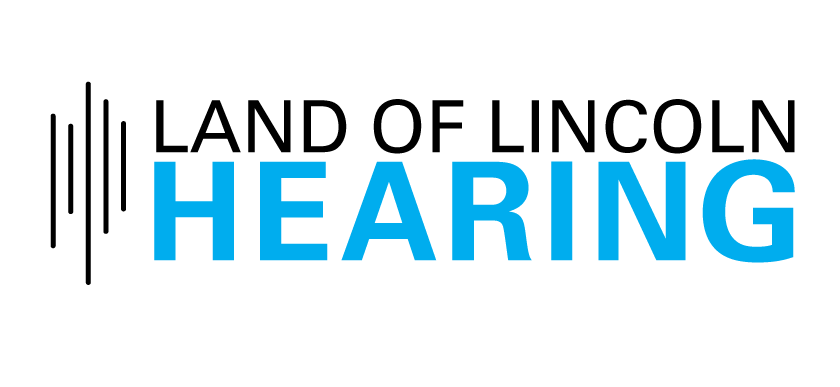We are all concerned about our health and well-being! Benjamin Franklin once said “An ounce of prevention is worth a pound of cure.” Whether it is diabetes, cancer, heart disease or hearing loss, we have become increasingly more focused on stopping illness through preventative healthcare. It’s one reason why we’re living longer and why, if Mr. Franklin were alive today, he’d agree that “60 is the new 40.”
We get yearly physicals to monitor blood pressure, cholesterol and evaluate risks for cancer, diabetes and heart disease. We should approach our hearing the same way.
Early treatment can help prevent future issues
In recent years, research has shown that hearing is not just about our ears! Our hearing impacts many aspects of our health and life. Untreated hearing loss has been linked to increased likelihood of dementia, decreases in cognitive function, increased isolation and higher incidences of depression. Discovering and treating hearing loss sooner rather than later can ultimately improve our overall health and well-being.
Many people will wait until they are having difficulty before getting their hearing tested. The reality is that they have most likely been living with hearing loss anywhere from 5 to 15 years before they take action. Could you imagine living with high cholesterol or high blood pressure or diabetes for a dozen years before taking action?
Start with a baseline hearing test
For many of us, the last time we had our hearing checked was when we were in grade school. According to healthcare professionals, we should get a “baseline” hearing test early in our adulthood. The recommendation is around 18 or 21. If you are past 21 and have not had a baseline test, the sooner the better.
A “baseline” hearing test will provide a frame of reference for tests later in life. It is important to remember that hearing is more than just detecting beeps! A baseline hearing test will measure your sensitivity to sounds (the beeps), but it will also measure your ability to understand speech, both at soft levels and when the volume is comfortable. In addition, the overall health of the ear will be evaluated via a visual exam.
Follow-up hearing tests may be recommended
How often you have your hearing checked after the baseline depends on a few different variables: the results of your baseline test, your risk for hearing loss, and your age are just a few. If hearing loss exists at the baseline, yearly testing is recommended.
If your risk for hearing loss is high, yearly hearing tests are also recommended. Things that increase your risk of hearing loss include noise exposure, both at work and recreational (motorcycles, guns, loud music), as well as your age. As hearing loss is found more often with increasing age, individuals 60 years of age and older are recommended to have their hearing tested every two years, if no hearing loss was apparent in their most recent test.








